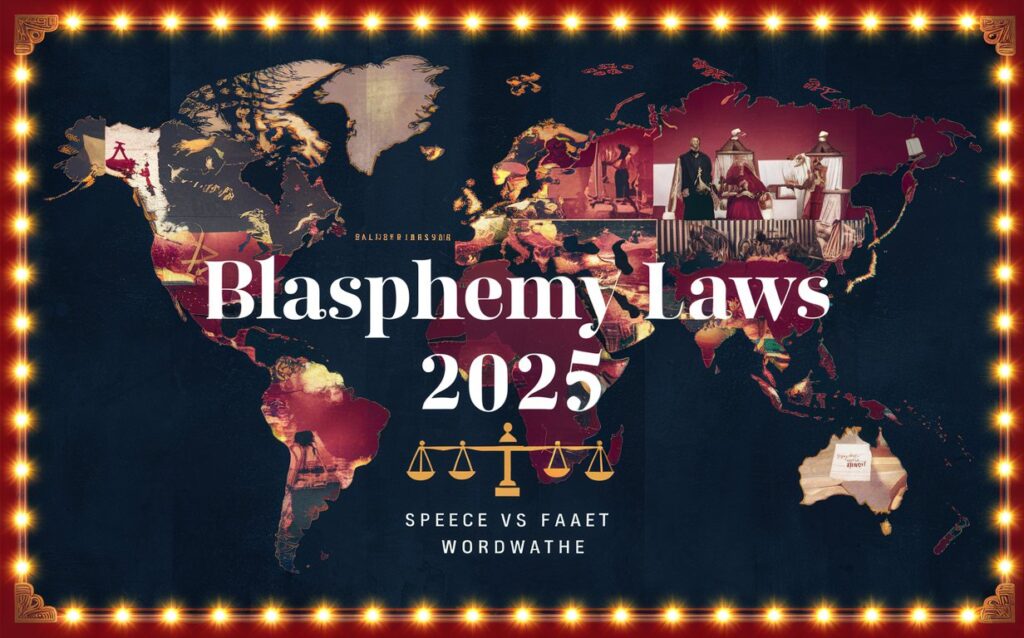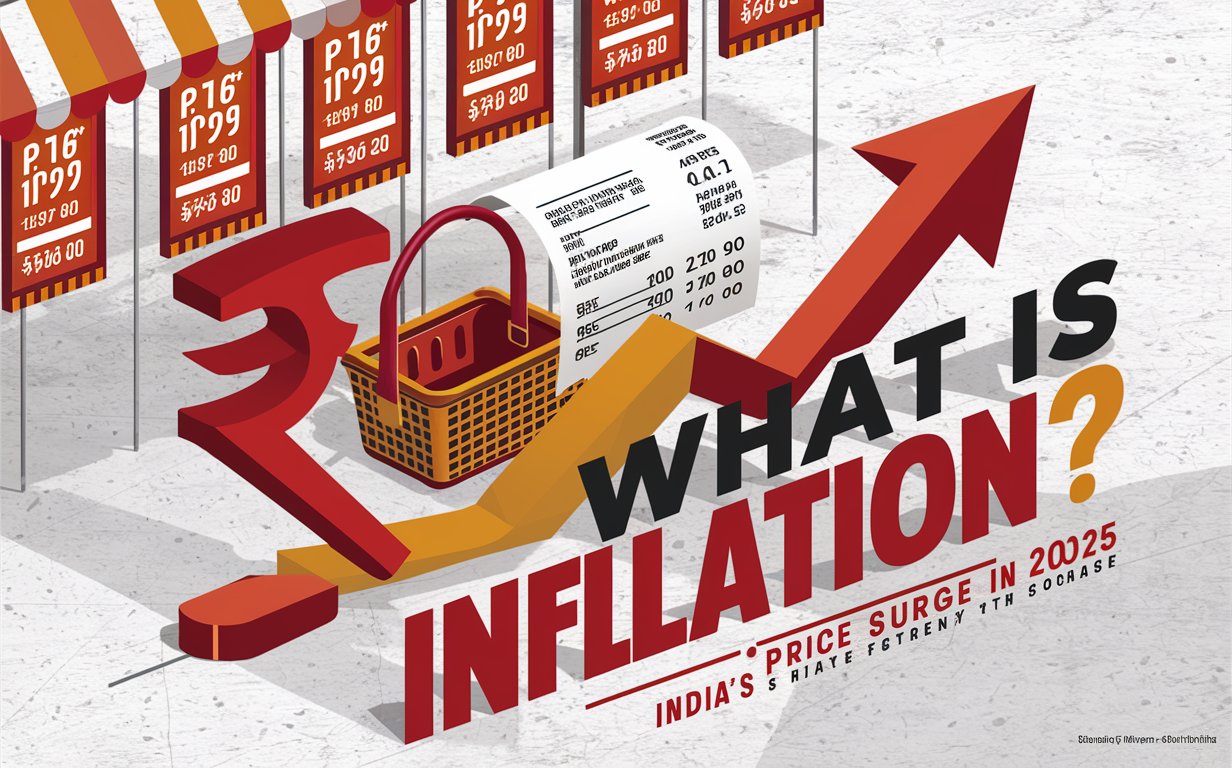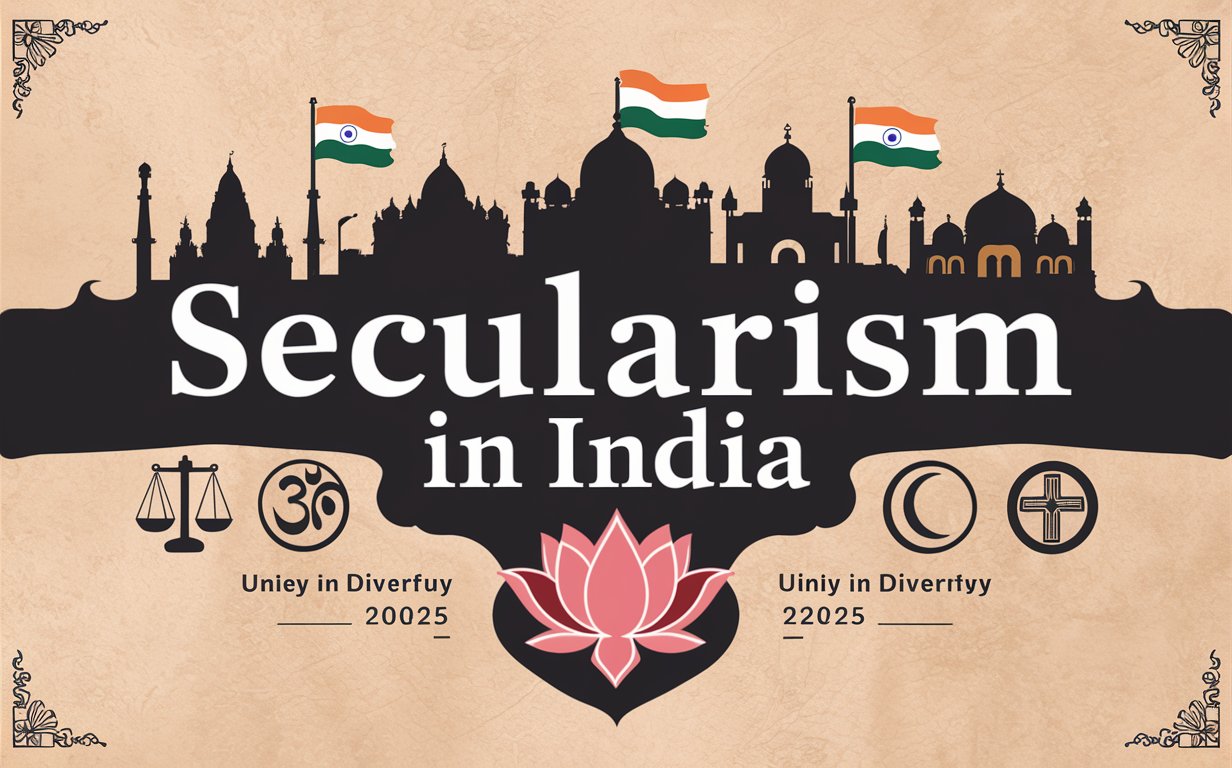⚖️ Blasphemy Laws in the World: Freedom of Speech vs Religious Sensitivity in 2025
Blasphemy laws in the world are at the heart of a growing global debate in 2025. As more people voice opinions online, the line between freedom of expression and religious offense becomes increasingly blurred. In several countries, expressing certain views about religion can still lead to fines, imprisonment—or even death.
This ongoing conflict between human rights and religious protection continues to spark protests, legal challenges, and international pressure, especially as digital platforms cross national boundaries.

🌍 What Are Blasphemy Laws?
Blasphemy laws are legal provisions that prohibit disrespect, criticism, or irreverence toward religious figures, scriptures, or beliefs. These laws vary widely across countries—some criminalize any perceived insult to a religion, while others focus on inciting violence or hatred.
While advocates claim they protect religious harmony and cultural values, critics argue they are often misused to suppress dissent, target minorities, and justify censorship.
🏛️ Countries Where Blasphemy Is Still a Crime in 2025
As of 2025, over 60 countries still maintain blasphemy laws. These include:
- Pakistan: Harshest penalties, including the death sentence under Section 295-C of the Penal Code.
- Iran and Saudi Arabia: Public executions still occur for “blasphemous” speech or apostasy.
- Indonesia: Convictions continue, especially after viral social media posts.
- India: Section 295A of IPC penalizes deliberate acts that hurt religious sentiments.
- Nigeria: In northern Sharia-law states, blasphemy can lead to capital punishment.
- Russia and Greece: Blasphemy laws exist but are more symbolic and rarely enforced.
On the other hand, countries like Ireland, Canada, and Norway have repealed their blasphemy laws to align with modern democratic principles.
🧑⚖️ Blasphemy vs Freedom of Expression: A Legal Tug-of-War
Global human rights frameworks, such as Article 19 of the Universal Declaration of Human Rights, uphold the right to free speech. However, Article 20 of the International Covenant on Civil and Political Rights allows for limitations if speech incites hatred.
In 2025, this legal gray area continues to cause international disputes. For example, caricatures, novels, films, and online content often trigger accusations of blasphemy in one country while being protected expression in another.
💻 Digital Platforms and Global Conflicts
With platforms like YouTube, Twitter (X), Instagram, and TikTok operating globally, one post can violate blasphemy laws in one country while being legal elsewhere. Social media influencers and journalists are now frequently detained or exiled for “religious defamation.”
In 2025, AI content filters are being introduced by tech giants to detect potential religious offense, but these remain controversial and inconsistent.
🔥 Misuse and Political Suppression
Blasphemy laws are often weaponized:
- Minorities are disproportionately accused.
- Political critics of religious leaders are silenced.
- Mob violence and extrajudicial killings rise after accusations.
In India and Bangladesh, communal riots have followed blasphemy allegations. In Pakistan, mob lynchings have increased despite official denouncements.
✊ Global Movements Against Blasphemy Laws
In 2025, global advocacy groups like Human Rights Watch, Article 19, and Amnesty International are campaigning harder than ever for the global abolition of blasphemy laws. They argue these laws contradict democracy, suppress creative freedom, and hinder religious reform.
The European Union, UN Special Rapporteurs, and several African civil society coalitions are pushing national governments to align with international human rights standards.
🧩 Conclusion: Are Blasphemy Laws Still Justifiable in 2025?
Blasphemy laws in the world are increasingly seen as outdated relics in an era dominated by free speech, internet expression, and cross-cultural exchange. Yet, in many societies, religion remains central, and any perceived insult can inflame tensions. The challenge ahead is not just legal but moral: Can societies protect both belief and voice without fueling conflict?
DoFollow External Links:
Internal Links:



Post Comment